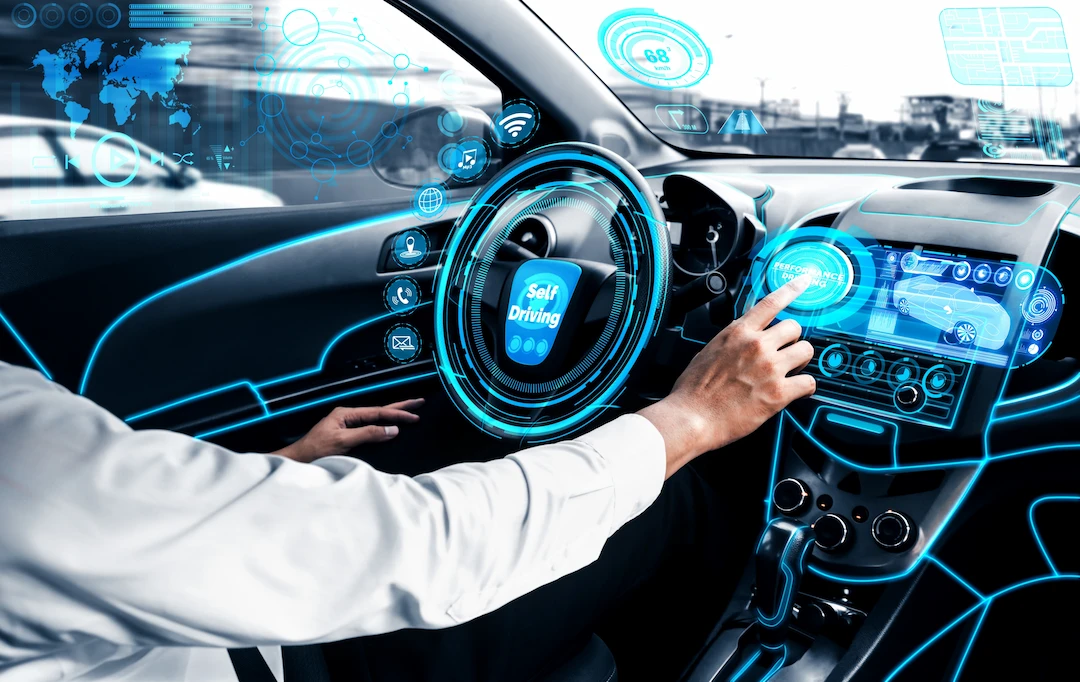In the ever-evolving landscape of retail, delivering exceptional customer experiences has become a key differentiator for success. As technology continues to advance, edge computing has emerged as a powerful tool that has the potential to reshape the retail industry and elevate customer experiences to new heights. This article explores the transformative power of edge computing in redefining the retail customer experience.
- Enhanced Real-Time Data Processing:
Edge computing brings computing resources closer to the edge of the network, allowing data processing and analysis to occur in real-time, at or near the source of data generation. In the retail context, this means that customer data from various touchpoints such as in-store devices, mobile applications, and IoT sensors can be processed instantly, enabling personalized and contextually relevant experiences. By leveraging edge computing, retailers can deliver timely product recommendations, tailored promotions, and seamless interactions that cater to individual customer preferences.
- Improved Customer Engagement:
Edge computing enables retailers to provide immersive and interactive experiences that captivate customers. With reduced latency and increased bandwidth, retailers can leverage technologies like augmented reality (AR) and virtual reality (VR) to create virtual try-on experiences, interactive product demonstrations, and personalized shopping journeys. These engaging experiences not only enhance customer satisfaction but also drive increased brand loyalty and sales conversions.
- Efficient Inventory Management:
Edge computing plays a vital role in optimizing inventory management processes. By utilizing edge devices and sensors, retailers can gain real-time visibility into inventory levels, monitor product movement, and accurately predict demand. This enables retailers to ensure product availability, prevent stockouts, and streamline the replenishment process, resulting in improved customer satisfaction and reduced operational costs.
- Enhanced Security and Privacy:
Edge computing offers enhanced security and privacy benefits for retailers. By processing sensitive customer data at the edge, retailers can minimize data exposure and reduce the risk of data breaches. Additionally, edge computing enables localized data storage and processing, allowing retailers to comply with data privacy regulations while maintaining greater control over customer data.
- Offline Resilience:
One of the significant advantages of edge computing in retail is its ability to operate seamlessly even in offline or unreliable network environments. Edge devices can continue to process and store data locally, ensuring uninterrupted operations and customer experiences. This offline resilience is particularly valuable for retailers with physical stores, where connectivity issues can occur.
Edge computing holds immense potential for transforming the retail industry and redefining the customer experience. By enabling real-time data processing, immersive engagement, efficient inventory management, enhanced security, and offline resilience, edge computing empowers retailers to deliver personalized, seamless, and immersive experiences that delight customers. As the retail landscape continues to evolve, leveraging the power of edge computing can help retailers stay ahead of the competition, build customer loyalty, and drive business growth.










